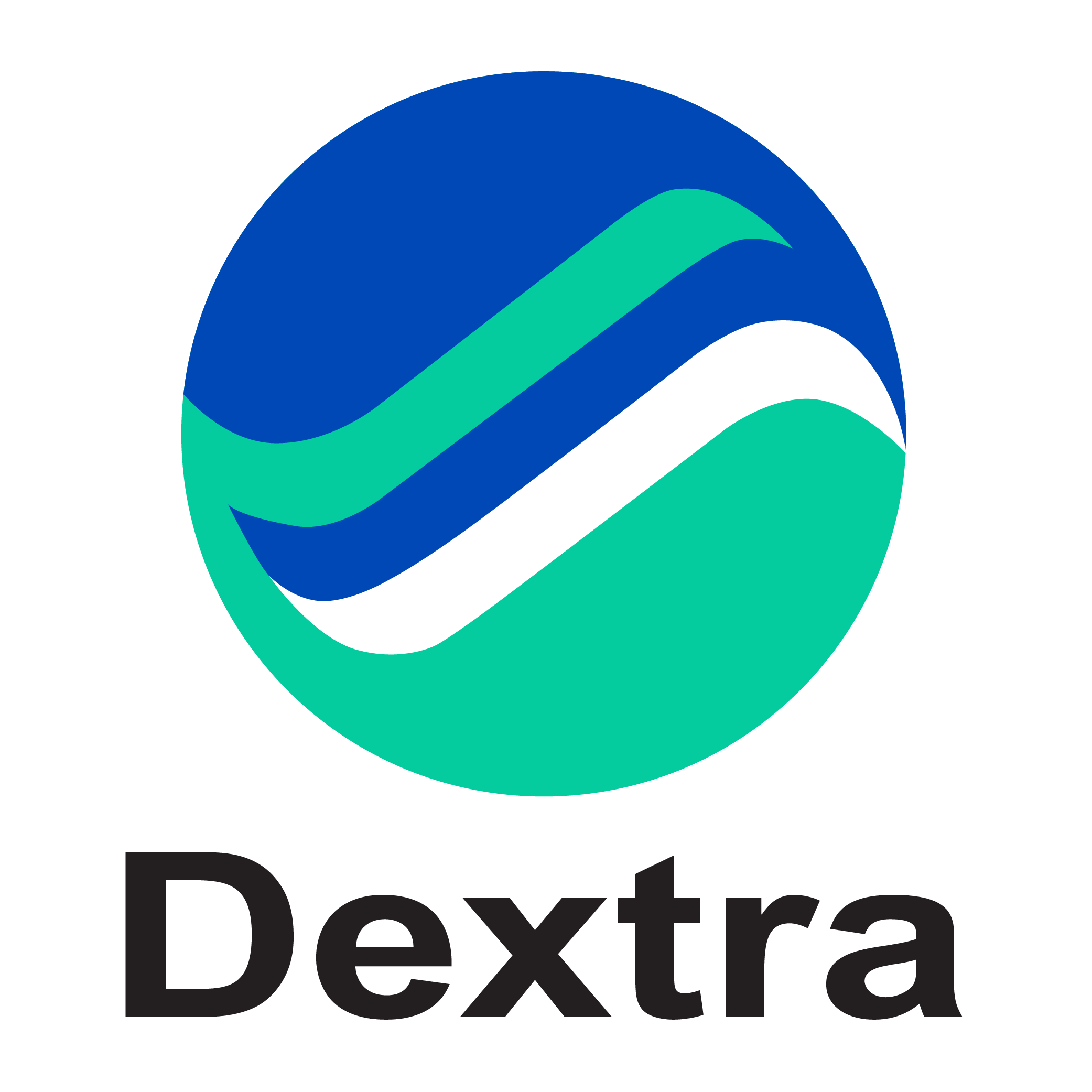HCMC Metro Line 1: Ba Son Shipyard Station
The Ho Chi Minh City Metro is Vietnam’s first rapid transit system, serving the country’s economic and financial capital.
There will be eight lines in the metro system. Lines 1, 2, and 5 are in the implementation stage, while the remaining lines are in the investment planning stage.
Line 1 of the project is 19.7 kilometers long, with a 2.5-kilometer underground segment and a 17.2-kilometer elevated section. Line 1 will run from Ben Thanh Market in the central area to Suoi Tien amusement park in District 9. There are three underground stations within the underground section. Line 1 also crosses the Saigon River.
Line 1 Package 1b comprises the construction of the underground section from Opera House station to Ba Son station, including two underground stations and a 1,315-meter subway tunnel.
The Shimizu-Maeda Joint Operation selected Dextra’s concrete reinforcement solutions to reduce steel congestion in heavily reinforced areas. A total of 230,000 headed bars were delivered and installed for shear link reinforcement.













